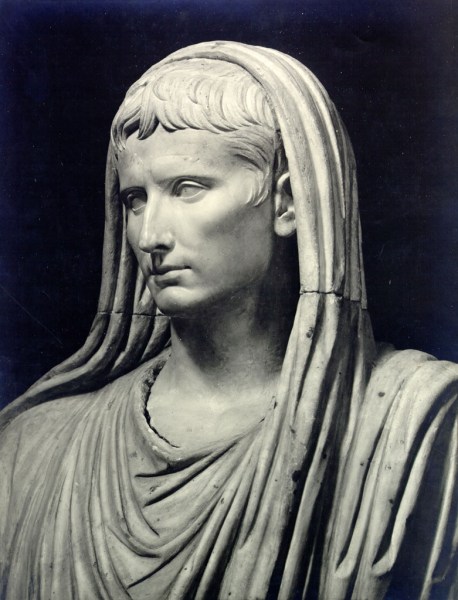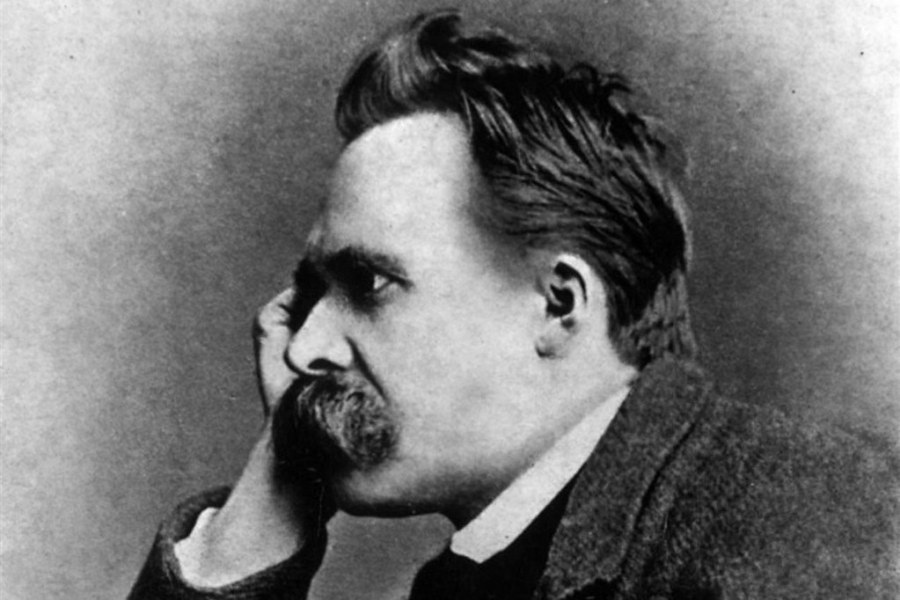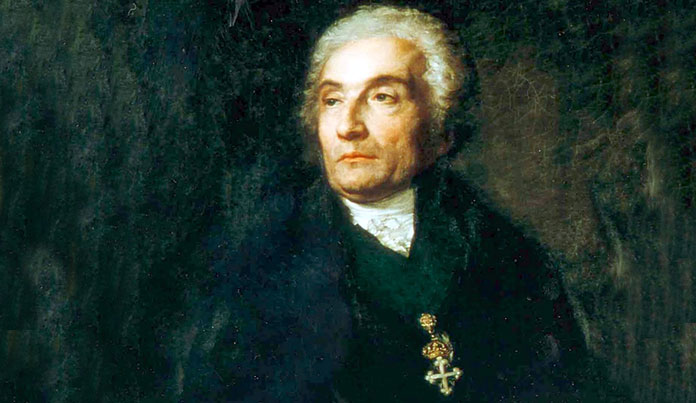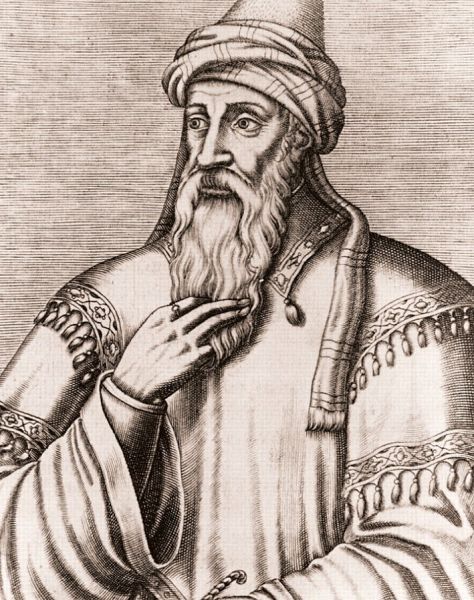Freud’s “Future of an Illusion” is not usually treated as a seminal work of political philosophy. It is usually treated as a text which raises questions concerning God’s existence. However, his theory concerning the origin of humankind’s ideas of God are closely intertwined with his theory of the origin of society. Further, his ideas concerning…
On the Religious Foundation of Society







